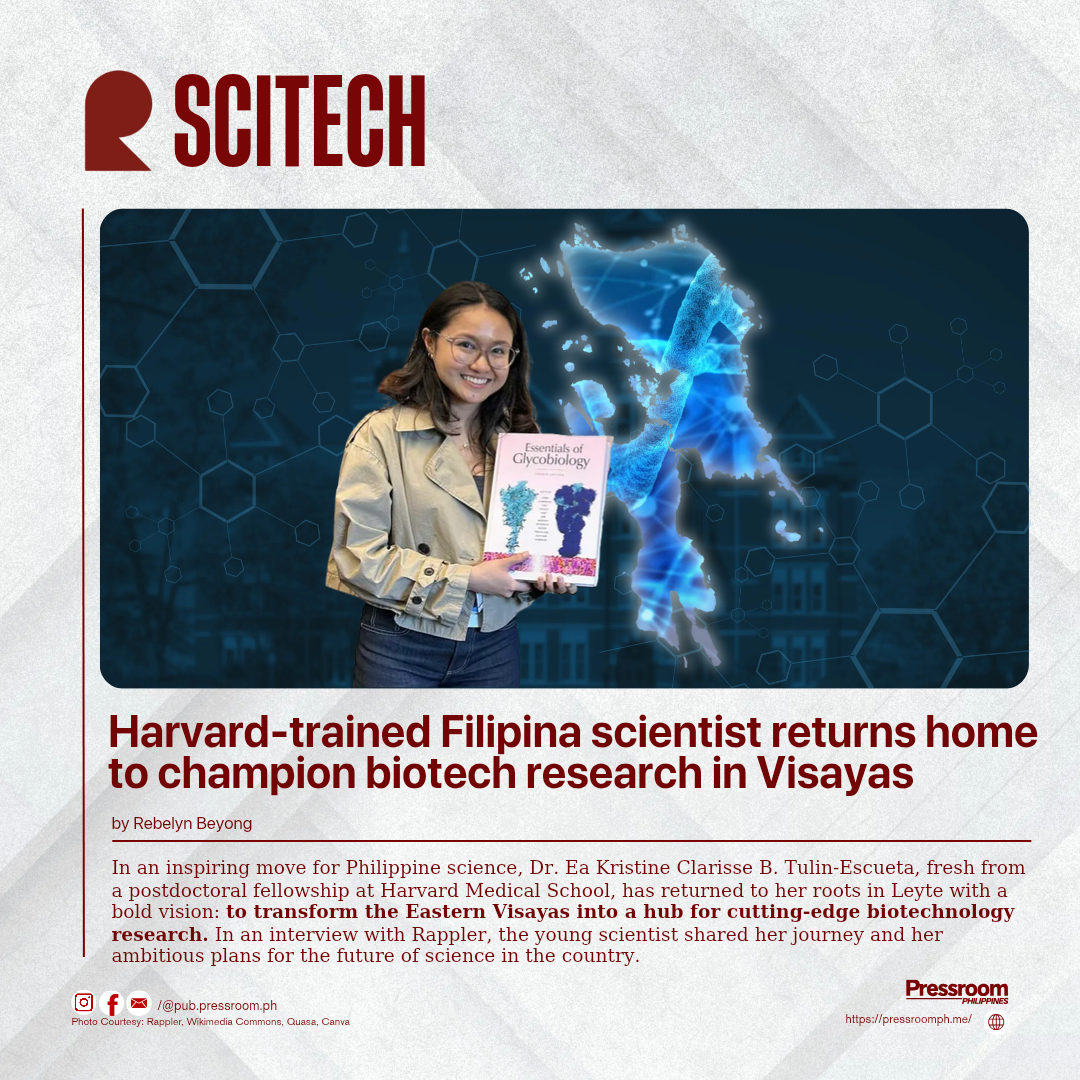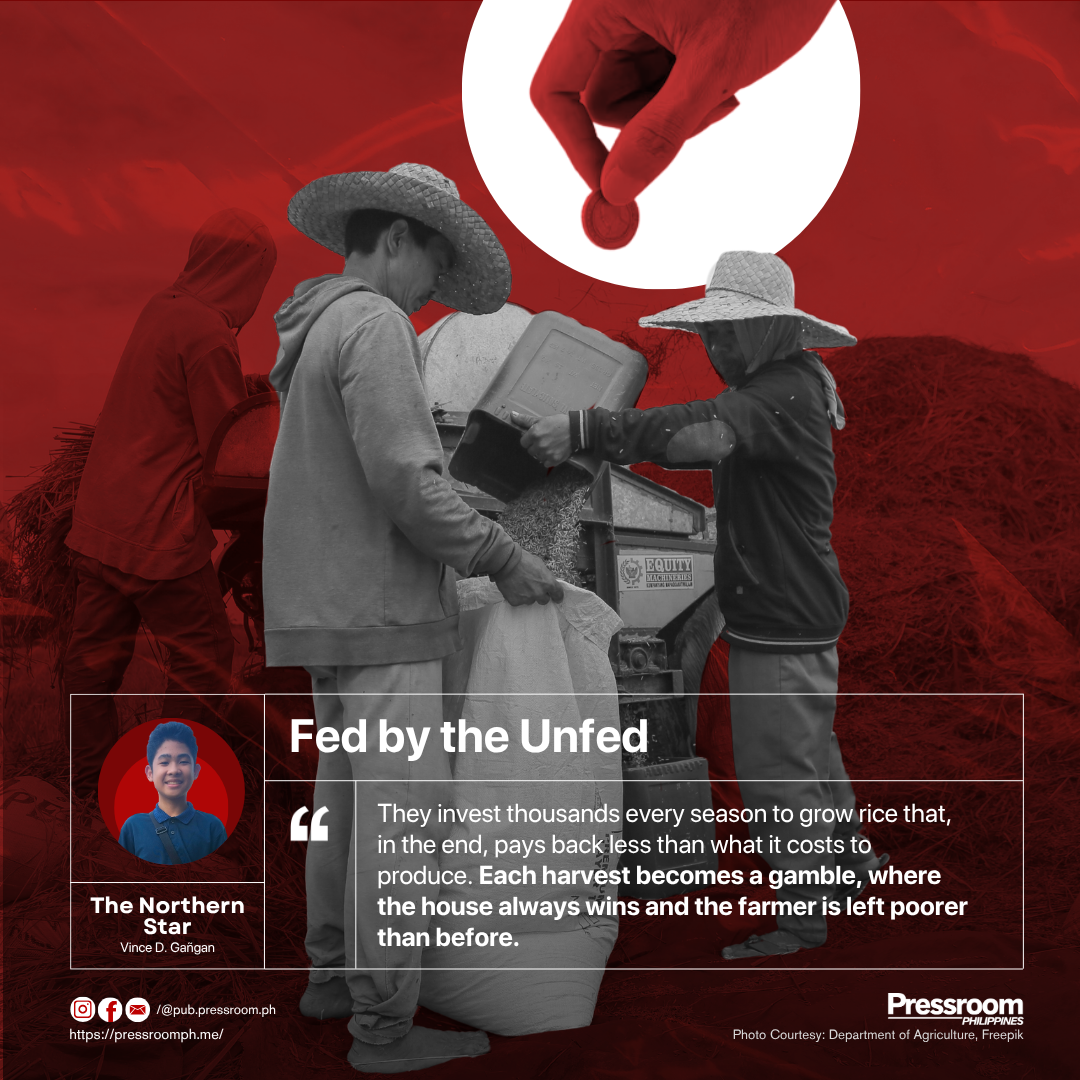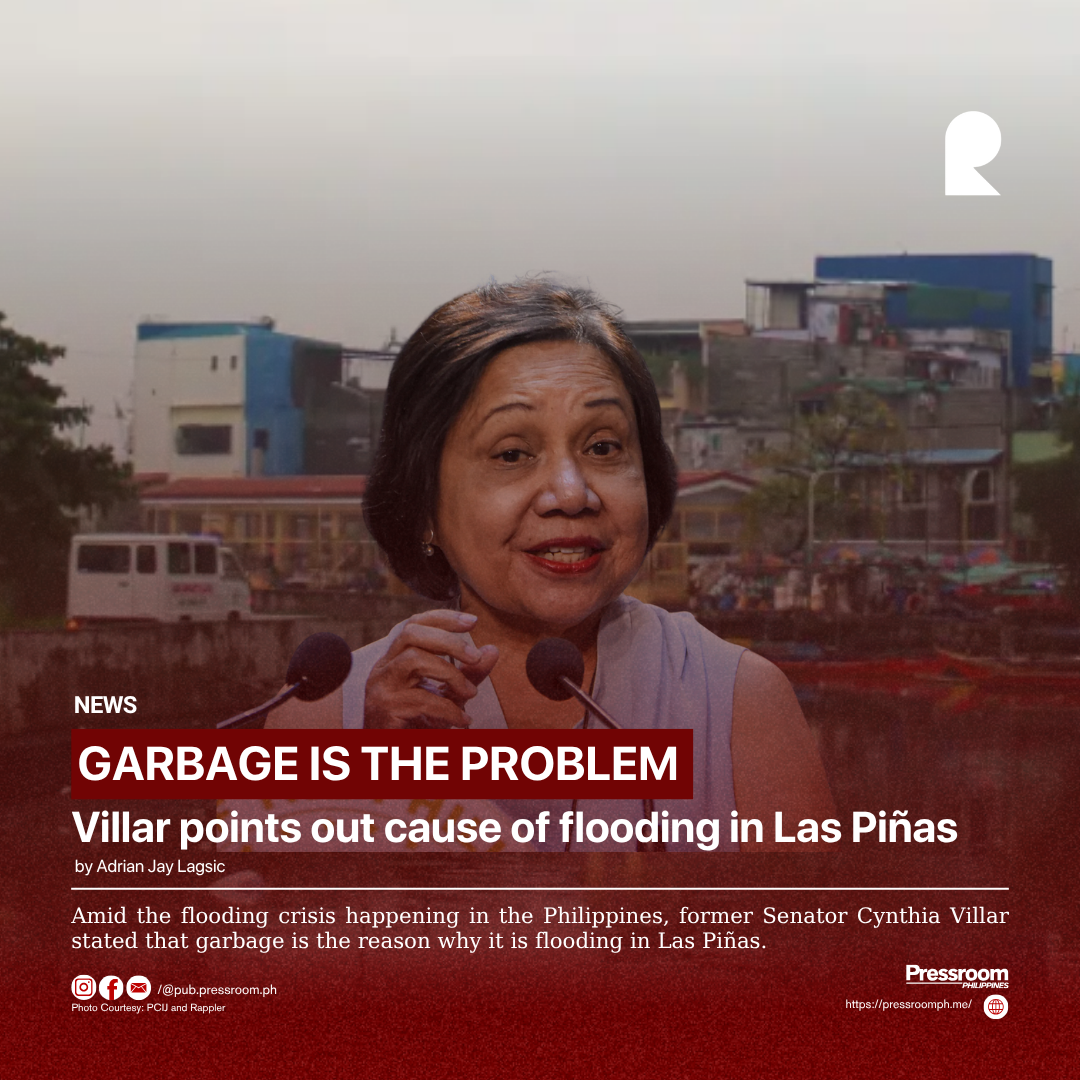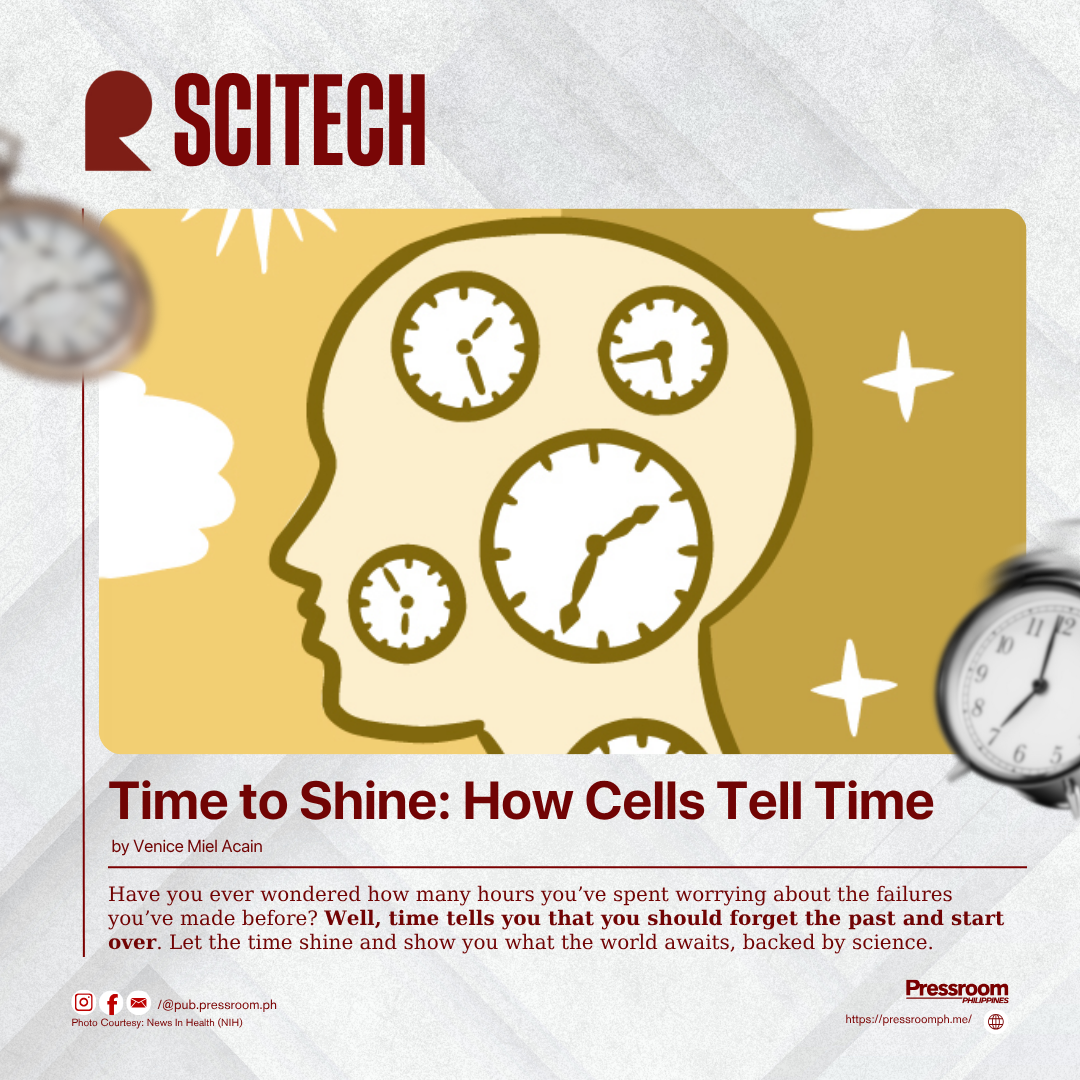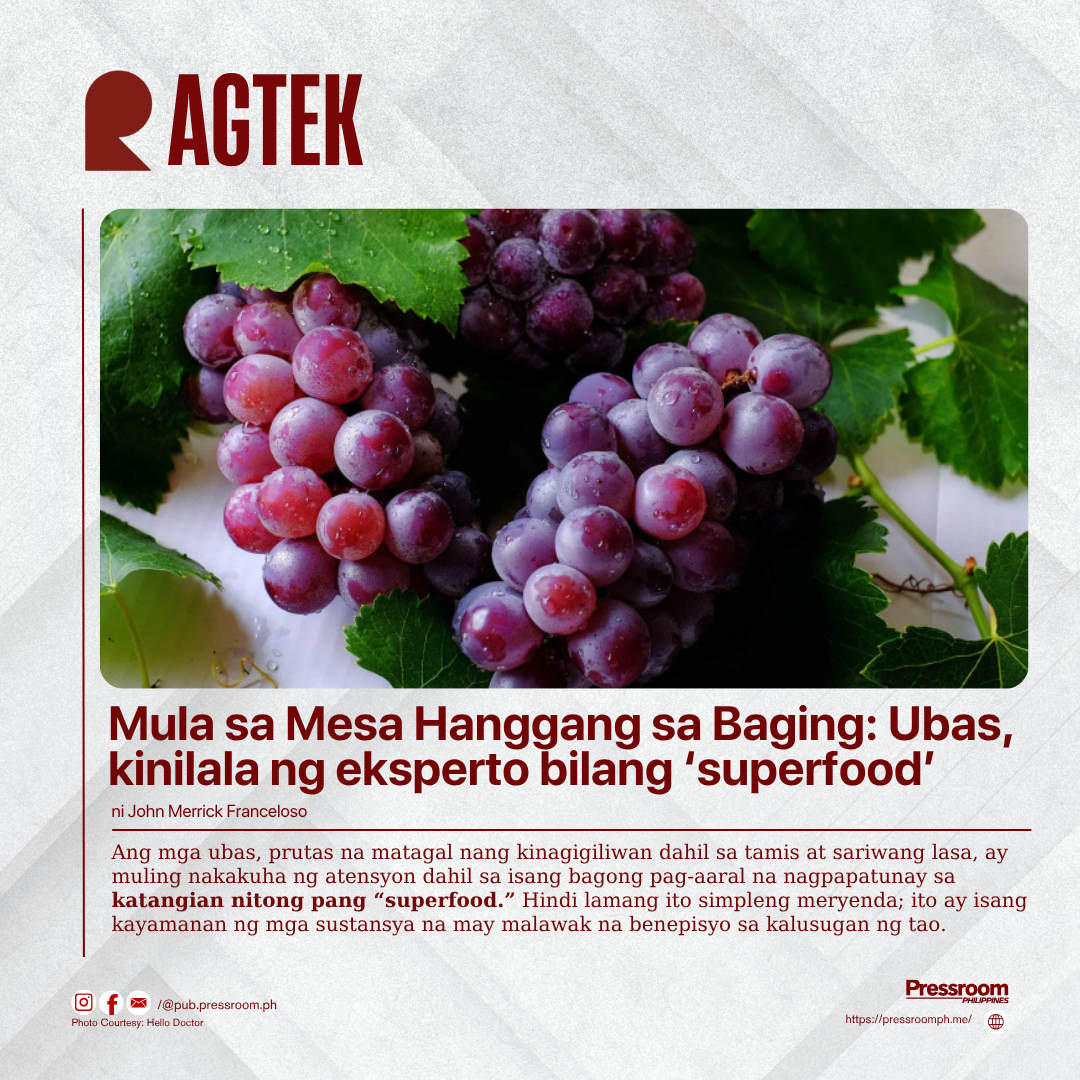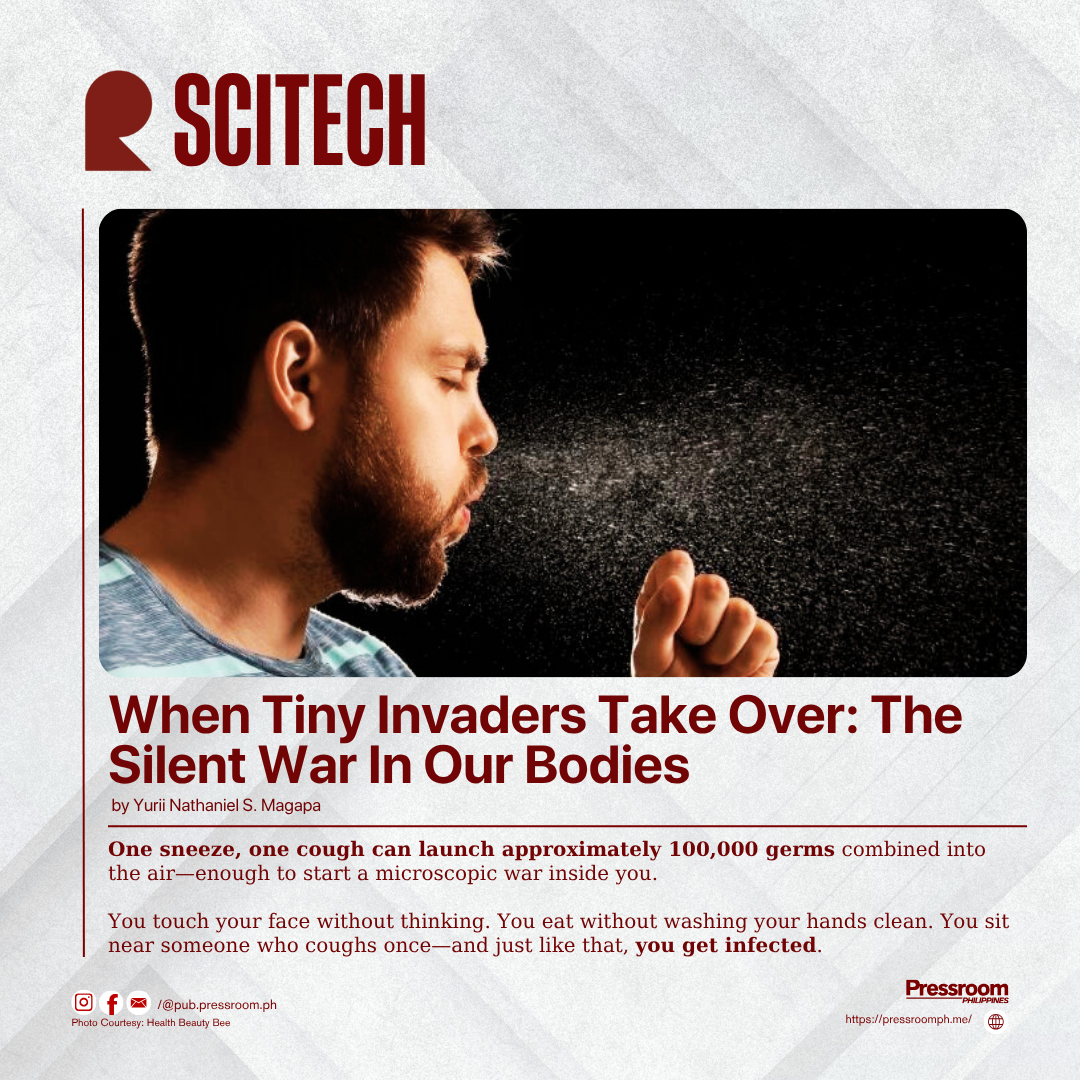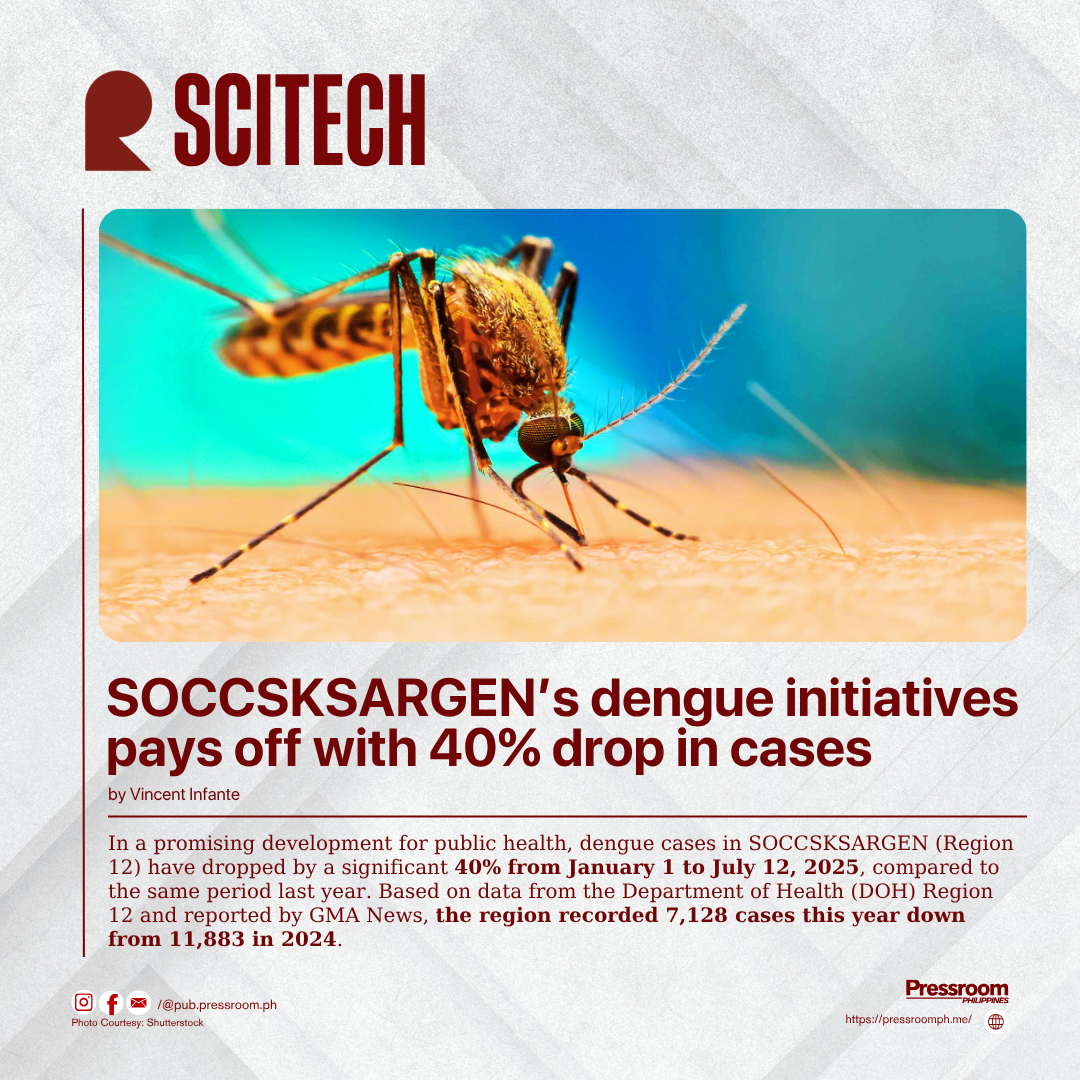via Rebelyn Beyong, Pressroom PH
In an inspiring move for Philippine science, Dr. Ea Kristine Clarisse B. Tulin-Escueta, fresh from a postdoctoral fellowship at Harvard Medical School, has returned to her roots in Leyte with a bold vision: to transform the Eastern Visayas into a hub for cutting-edge biotechnology research. In an interview with Rappler, the young scientist shared her journey and her ambitious plans for the future of science in the country.
Dr. Tulin-Escueta, an assistant professor at the Visayas State University (VSU), is a proud product of the Philippine educational system. She graduated magna cum laude with a degree in chemistry from VSU in 2016, where she was also the class valedictorian. She then pursued her master’s and doctoral degrees in biological chemistry at the Tokyo University of Agriculture and Technology in Japan.
Her recent stint at Harvard Medical School’s Beth Israel Deaconess Medical Center further honed her expertise. There, she worked on developing lab-made antibodies that target specific sugars on harmful cells. This groundbreaking research has potential applications in a wide range of fields, including cancer diagnostics, neuroscience, and the treatment of infectious diseases.
Despite the promising opportunities abroad, Dr. Tulin-Escueta always knew she wanted to bring her knowledge back home. “I’ve always actually dreamed of working in the Philippines,” she told Rappler. “I thought, when I was young, if I can find a way to combine this beautiful island of Leyte with the science that I'm trained to do abroad, that would be the best-case scenario.”
Her dream is to establish a “science island” in Leyte, a collaborative ecosystem where the government, industry, and academia work together to produce impactful research that directly addresses the needs of the local community. “The Philippines needs more scientists,” she emphasized. “I want to build some sort of science island here, where we can do impactful research for the community to really address the needs of our people in Leyte.”
Dr. Tulin-Escueta plans to establish a research laboratory at VSU focusing on glycobiology and natural products for metabolic diseases. She will integrate her expertise in immunology and glycosciences to tackle pressing local health issues such as snake bites, rabies, and schistosomiasis.
She believes that Filipino scientists who have had the opportunity to study and work abroad have a responsibility to give back to their country. “As international scholars, our role is to build bridges between the Philippines and the world,” she said. “We are ambassadors of Filipino scientists. We put our best foot forward so we can open opportunities for others.”
And she has already started. After her time in Japan, she helped four VSU alumni pursue their master’s and doctoral degrees. At Harvard, another Filipino scholar has succeeded her in the antibody development work she was doing. To further foster international collaboration, she is bringing her mentor from Harvard, Professor Richard Cummings, to VSU for a visit and a symposium in September 2025.
Inspired by her parents, professors Edgardo and Anabella Tulin, who are both respected scientists and institution builders, Dr. Tulin-Escueta sees her path as both personal and purposeful. Her return is a testament to her dedication to the Filipino people and her belief in the potential of Philippine science.
“Doing research for Filipinos is something to be very proud of,” she affirmed. With a new generation of brilliant and dedicated scientists like Dr. Tulin-Escueta leading the way, the future of science and technology in the Philippines looks brighter than ever.
